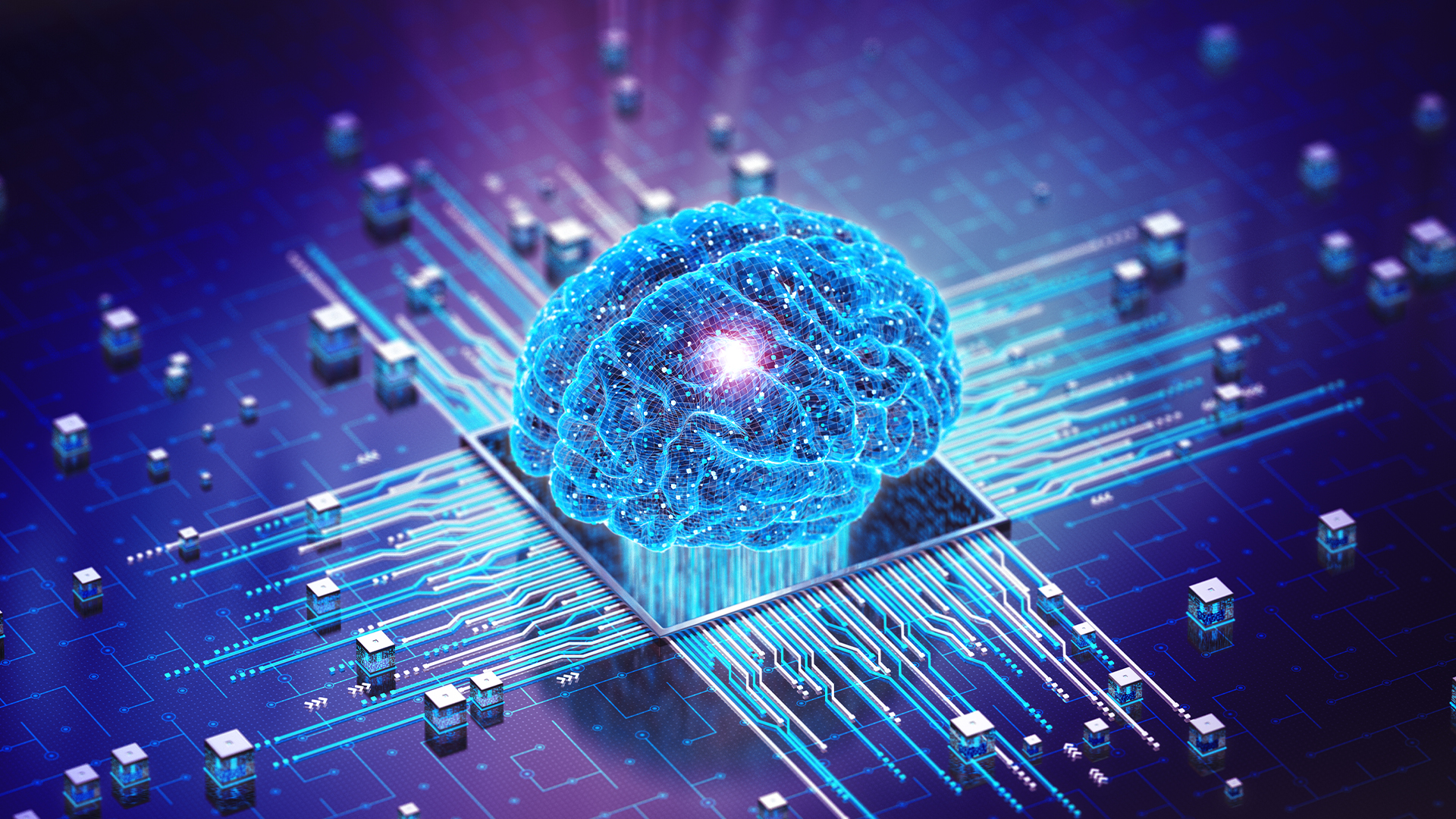The top developments in artificial intelligence (AI) in 2025 so far, based on current trends and advancements, reflect a rapid evolution of the technology across various domains. Here are the key highlights:
- Advancements in Multimodal and Agentic AI:
- Multimodal AI Models: AI systems capable of processing and generating diverse data types (text, images, video, audio) have seen significant progress. For example, Google's NotebookLM and DeepMind's advancements demonstrate enhanced capabilities in integrating multimodal data for tasks like content analysis and personalized recommendations. These models leverage unfiltered, real-world data (e.g., continuous video feeds) to improve contextual understanding.
- Agentic AI: AI agents with greater autonomy, such as Amazon's Nova Act, which can control web browsers, are becoming mainstream. These agents perform complex tasks like process automation and decision-making with minimal human intervention. FPT Software's "Agent Factory" platform exemplifies this trend by rapidly creating custom AI agents for business needs, reducing development times significantly.
- Breakthroughs in Reasoning and Emotional Intelligence:
- Reasoning Models: Models like OpenAI's o3 and o3-mini, DeepSeek's R1 and V3, and others have advanced reasoning capabilities, rivaling human-like problem-solving in areas like math and coding. Notably, a low-cost reasoning model, s1, was trained for under $50 in cloud compute credits, performing comparably to top-tier models.
- Emotional Intelligence (EQ): OpenAI's GPT-4.5, released in February 2025, focuses on improved empathy and human-like conversational abilities, enabling more intuitive and emotionally aware interactions.
- Generative AI Optimization and Monetization:
- Generative AI has moved beyond experimentation to optimization, with over 70% of organizations reporting ROI from its use. Companies are fine-tuning models for specific business applications, such as personalized marketing, content creation, and software development. The generative AI market is projected to reach $3 billion by the end of 2025.
- Monetization is expanding across the AI ecosystem, benefiting cloud computing, data centers, and AI-enhanced applications. Microsoft’s AI business is expected to reach $10 billion in annual revenue, while Google Cloud and Meta’s ad platforms are seeing growth due to AI adoption.
- AI in Industry Applications:
- Healthcare: AI-powered diagnostics are achieving accuracy comparable to human doctors, particularly in early disease detection (e.g., cancer). AI is also accelerating drug discovery through biomolecular modeling and DNA foundation models.
- Logistics and Manufacturing: AI-driven robots optimize supply chain management, with companies like Amazon leveraging these technologies for route optimization and predictive maintenance. The Pentagon’s AI Metals Program is transitioning to the private sector to enhance manufacturing processes.
- Software Development: AI tools like Tabnine and Magic AI are boosting coding productivity, with reports suggesting a single software engineer’s output has increased tenfold. National Australia Bank accepts 50% of coding suggestions from AI tools like Q Developer.
- Responsible AI and Regulatory Developments:
- Ethical AI Tools: Infosys introduced an open-source "Responsible AI" toolkit to address security risks, privacy violations, and biased outputs, promoting ethical AI use.
- AI Regulations: The EU’s Artificial Intelligence Act, effective in 2025, regulates high-risk AI systems, emphasizing transparency and fairness. In the U.S., state-level laws like the Colorado AI Act (effective February 2026) focus on preventing bias in high-risk AI applications. An Indian court ruling in April 2025 targeted AI-generated deepfakes and misinformation.
- Explainable AI (XAI): Advances in XAI are addressing the "black box" problem, making AI decision-making more transparent, especially in high-stakes sectors like healthcare and finance.
- Emerging Hardware and Infrastructure Trends:
- Custom Silicon and Cloud Integration: Companies are developing specialized AI chips to optimize performance, with Nvidia reporting AI chip advancements surpassing Moore’s Law. Microsoft’s Azure is hosting models like xAI’s Grok, enhancing accessibility and scalability.
- Quantum Computing Synergies: Quantum computing is poised to enhance AI by solving complex problems faster, particularly in drug discovery and climate modeling.
- Innovative Training Methods:
- A significant breakthrough from Tsinghua University in May 2025 demonstrated an AI model generating its own training data, surpassing models trained on human-curated data. This could eliminate data scarcity barriers, potentially accelerating progress toward artificial superintelligence (ASI).
These developments indicate a shift toward more practical, value-driven AI applications, with a focus on optimization, ethical considerations, and industry-specific solutions. However, challenges like regulatory scrutiny, ethical concerns, and potential job displacement remain critical areas to watch. For the latest updates, following AI newsletters like Towards AI or AlphaSignal, or engaging with communities on platforms like Reddit (r/artificial, r/MachineLearning), can provide ongoing insights.



No comments:
Post a Comment